Africa/Kenya/30-07-2021/Author:ERIC BIEGON, KNA/Source: www.kbc.co.ke
The Principal Secretary in the State Department of University Education and Research Amb. Simon Nabukwesi has yet again made a case for more research in the country’s institutions of higher learning.
Speaking during the official opening of the 5th Annual Conference of the Co-operative University of Kenya, Amb Nabukwesi noted that nations that lack the capacity to carry out their own research, struggle when faced with challenges such as the current covid-19 pandemic.
“Covid-19 global pandemic shows us, in more ways than we could have imagined, that we are all connected as a people irrespective of the many boundaries and restrictions that we may have,” The PS said,
He added that “when the first case of Covid-19 was reported in Kenya, most of us, if not all, imagined that this would be a passing cloud and that soon we would resume our normal day to day activities”
Nabukwesi however expressed satisfaction given that during the two-day-Conference, a number of academic papers will be presented under the theme of ‘Social and Solidarity Economy as a catalyst for resilience, inclusivity, and attainment of Sustainable Development Goals,’
“I am glad to hear that this is the second conference that the University is holding virtually, to discuss Covid-19, a commendable achievement to the University and organizers of this event,” remarked the PS.
This kind of resilience, Nabukwesi said, emphasizes that life has to indeed move on and research has to be done and documented. He emphasized that research is, will remain to be, a major activity in any institution of higher learning worth its name.

Further, the PS said research informs the development strategies of any nation and Kenya is no exception.
“It has been reported that less than two percent of all Africans are vaccinated against Covid-19 while in the US it is about 50 percent,” added Nabukwesi.
This Report, the PS said, is a sad reality that serves as an eye-opener for developing countries such as Kenya, that special attention and resources ought to be directed towards research and development.
Nabukwesi said the Ministry continues to lay great emphasis on the importance of research as a means to solving Kenyan, African, and even global challenges.
“My challenge to faculty in this University is to contribute to the generation of new knowledge on Cooperatives and how Cooperatives can help us to resolve societal challenges,” added the PS.
Nabukwesi said that he would like to see more research from faculty that focuses, among other topics, on how the country can harness the greatness of Cooperatives to contribute to the Government’s Development Agenda, including contributing to the ‘Big Four’ Agenda.
Source and Image: https://www.kbc.co.ke/ps-nabukwesi-says-research-will-improve-quality-of-higher-education/
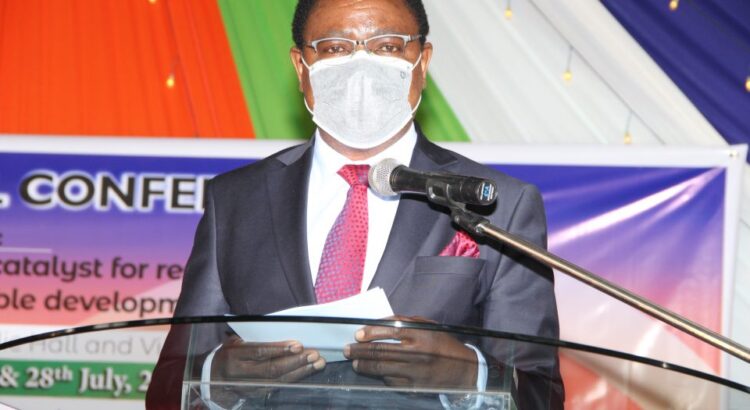
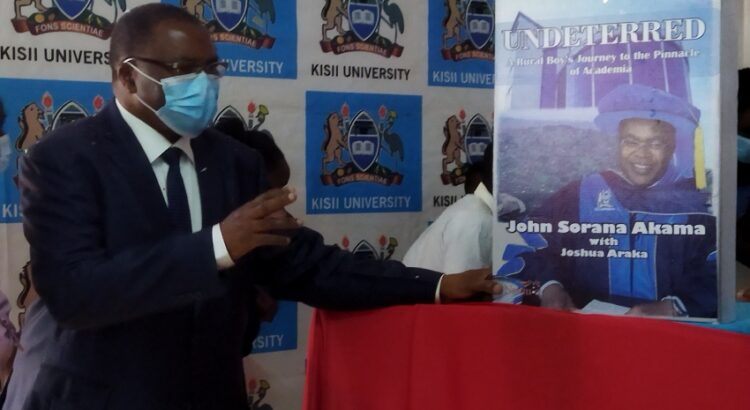
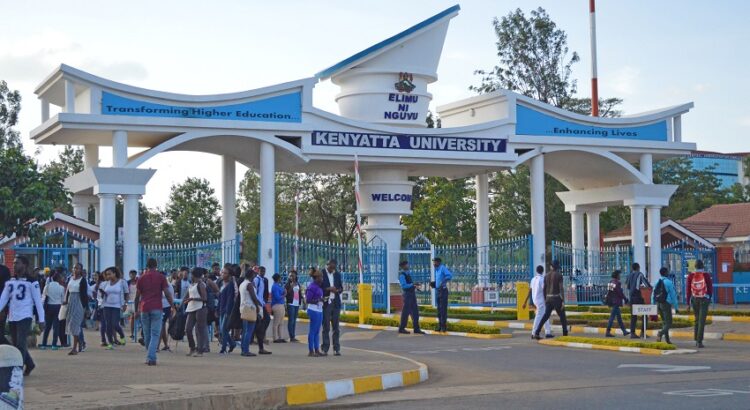

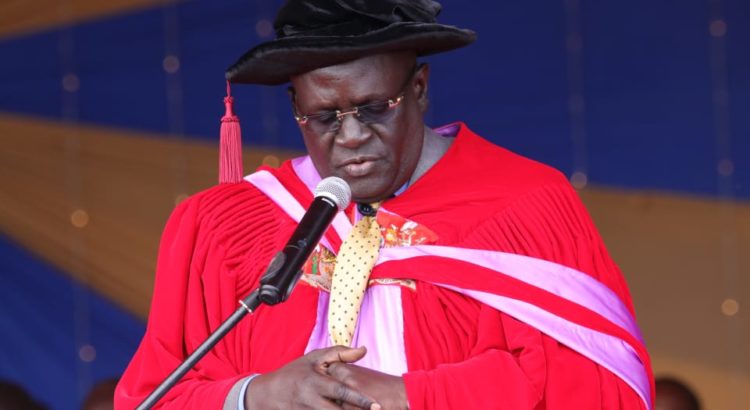

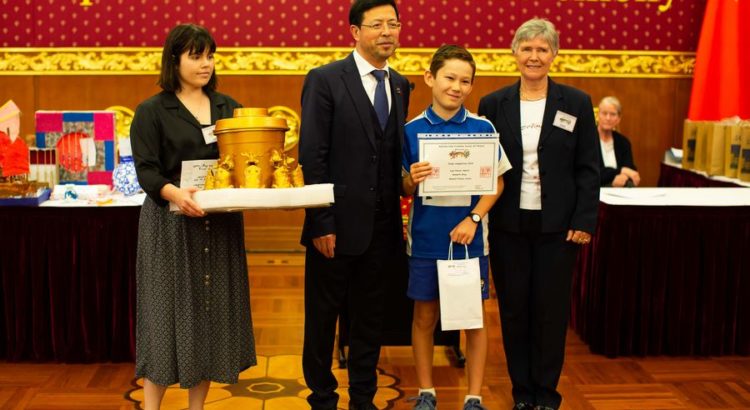

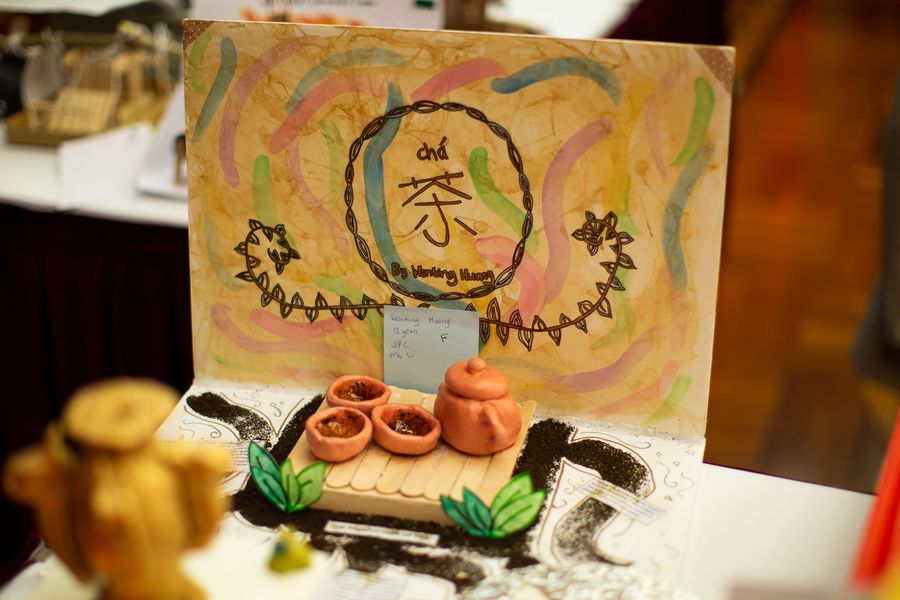
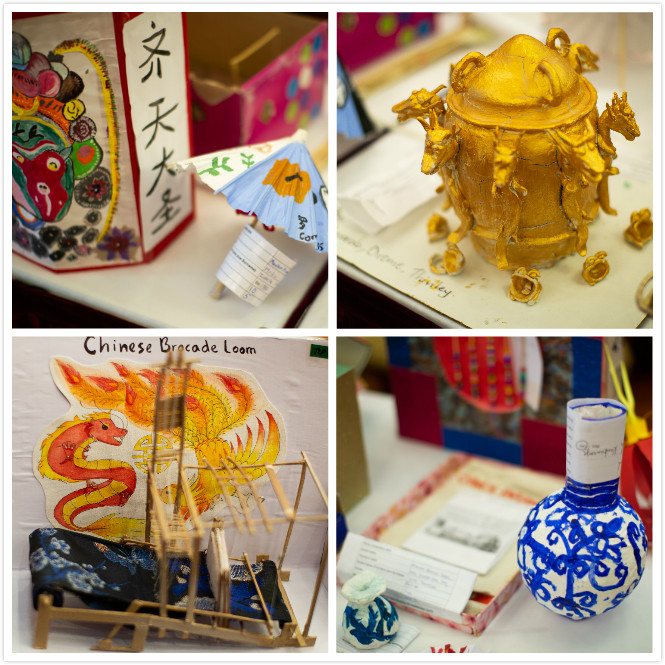
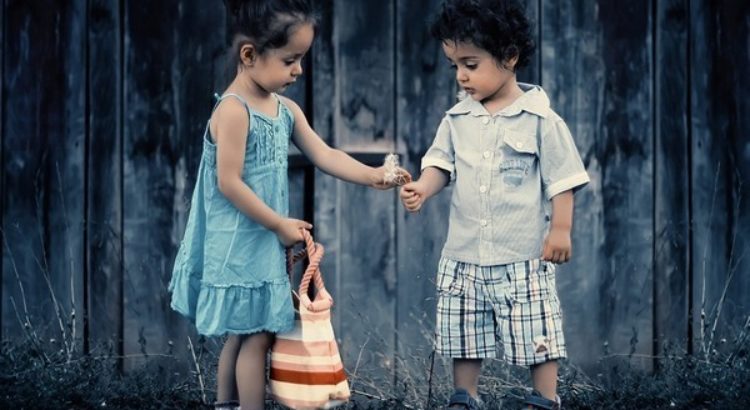





 Users Today : 59
Users Today : 59 Total Users : 35459965
Total Users : 35459965 Views Today : 74
Views Today : 74 Total views : 3418539
Total views : 3418539